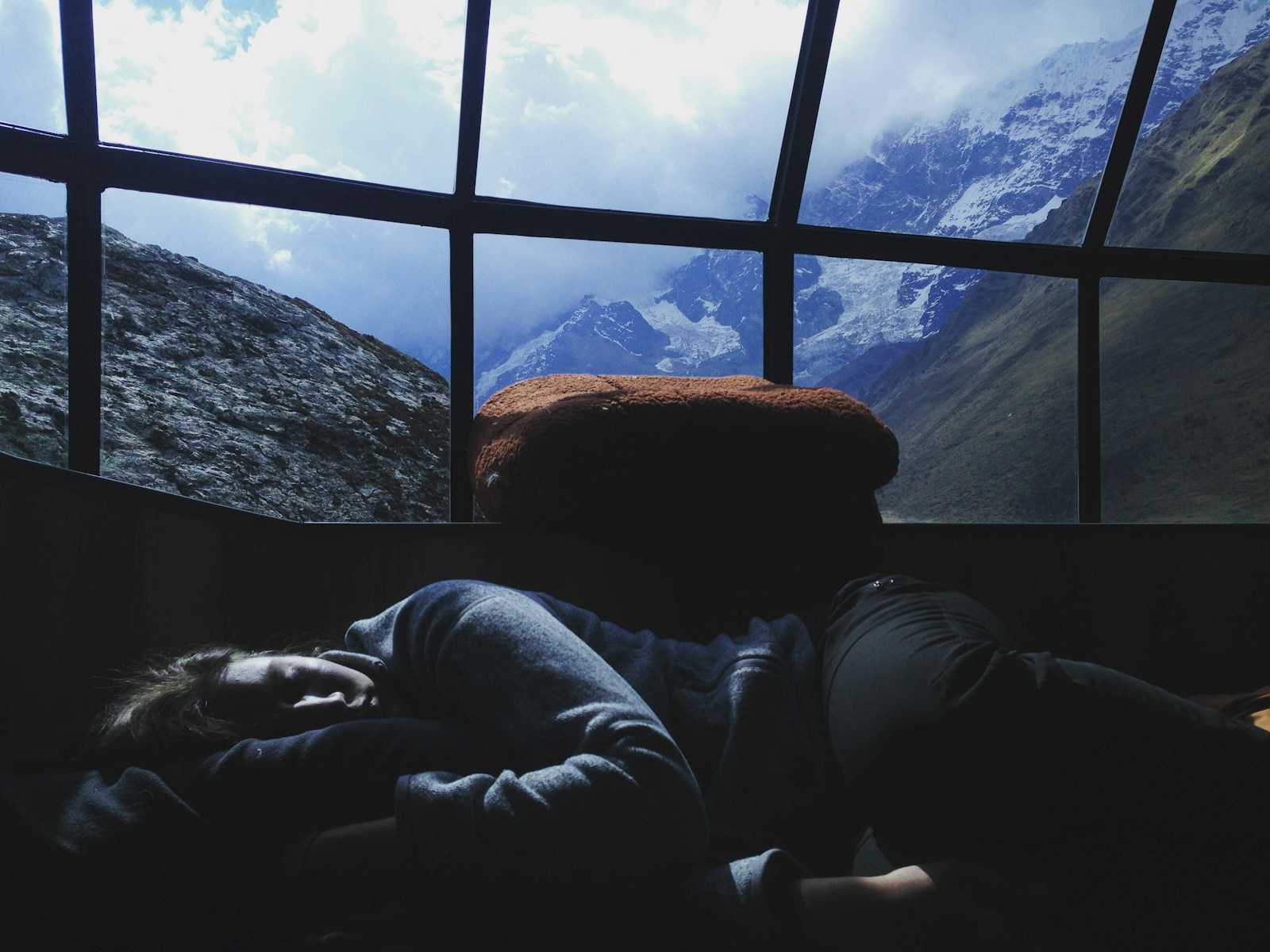Key takeaways:
– Residents of Oakland home report significant sleep disturbances due to noise from Coliseum sports arena and BART tracks.
– The ZIP code 94621 in Oakland has been identified as the “most sleep-deprived” with 41.2% residents reporting “short sleep duration”.
– Over one-third of American adults do not get an adequate amount of sleep.
– Wealthy regions like Portola Valley report fewer sleep issues with only 23.2% facing short sleep duration.
– Sleep disorders, poor sleep habits, and long commutes have been identified as potential catalysts for sleep deprivation.
– Experts push for discontinuing daylight-saving time to align better with natural circadian rhythms.
Sleepless Nights in Oakland
In Oakland, California, sleep is a luxury. Michale Jones, a resident of the area near the Coliseum sports arena and BART tracks, is among those who bear the brunt of noise pollution. The regular disruption from night activities, gunshots, and traffic, contributes to his short sleep duration of only five hours each night.
He’s hoping for some respite with the end of daylight-saving time, bringing an extra hour of sleep for most U.S. residents. However, it’s unlikely to make a dent in the area’s sleep problem. His neighborhood, within the ZIP code 94621, continues to rank the highest for “short sleep duration”, with an alarming rate of 41.2%, as per the latest U.S. CDC report.
A National Crisis
However, the problem isn’t confined to this Oakland neighborhood. The issue of inadequate sleep is a nationwide reality in the United States. As defined by the CDC, any sleep duration less than seven hours per night is considered insufficient. Currently, more than one in three American adults admit to not achieving this base sleep recommendation.
Anne Wheaton, Deputy Associate Director for Science, CDC Division of Population Health, gives context to this alarming figure. The national average of sleep-deprived adults sits at 37%, while, in California, the figure is slightly less but still troubling at 35%.
Understanding the Sleep Conundrum
Responding to the widely prevalent issue, experts have examined potential causes for inadequate sleep. Long commutes, health issues, and noisy neighborhoods are highlighted among the prominent reasons.
Clete Kushida, a neurologist at Stanford University, states, “Environmental noise may play a significant role in short sleep duration.” Jennifer Martin from the David Geffen School of Medicine at UCLA agrees that sleep deprivation is rampant in California.
“There are a lot of people in California who don’t get enough sleep”, she observes. Martin also points out long work commute times as a major sleep disrupter, especially in the Bay Area.
Lights Out in Rich Neighborhoods
Contrastingly, wealthier communities showcase opposite trends. Data shows that Portola Valley in San Mateo County, known for housing affluent investors, has the lowest percentage of residents dealing with short sleep duration at 23.2%.
Fiona Barwick, a professor at Stanford University, mentions that these well-off areas tend to be quieter and more stable environments, thereby supporting restful nights.
The Daylight-Saving Dilemma
Interestingly, the practice of daylight-saving time has come under scrutiny. While allowing an extra hour of sleep when it ends, many find it difficult to adjust to the time shift. Experts generally favor keeping standard time, arguing it aligns better with the human body’s circadian rhythms. However, the final decision remains a topic of lively debate.
Despite the extra hour gained from daylight-saving time, residents of Bay Area’s sleepless neighborhoods continue their quest for peaceful nights’ rest, hoping for improvements in housing and increased policing to combat urban noise.
The rising figures on sleep deprivation highlight an urgent need to address the silent epidemic. While the end of daylight-saving time may offer temporary relief to some, an overall solution may only be feasible with broader systemic changes addressing sleep disorders, improving sleep habits and tackling urban noise pollution.
